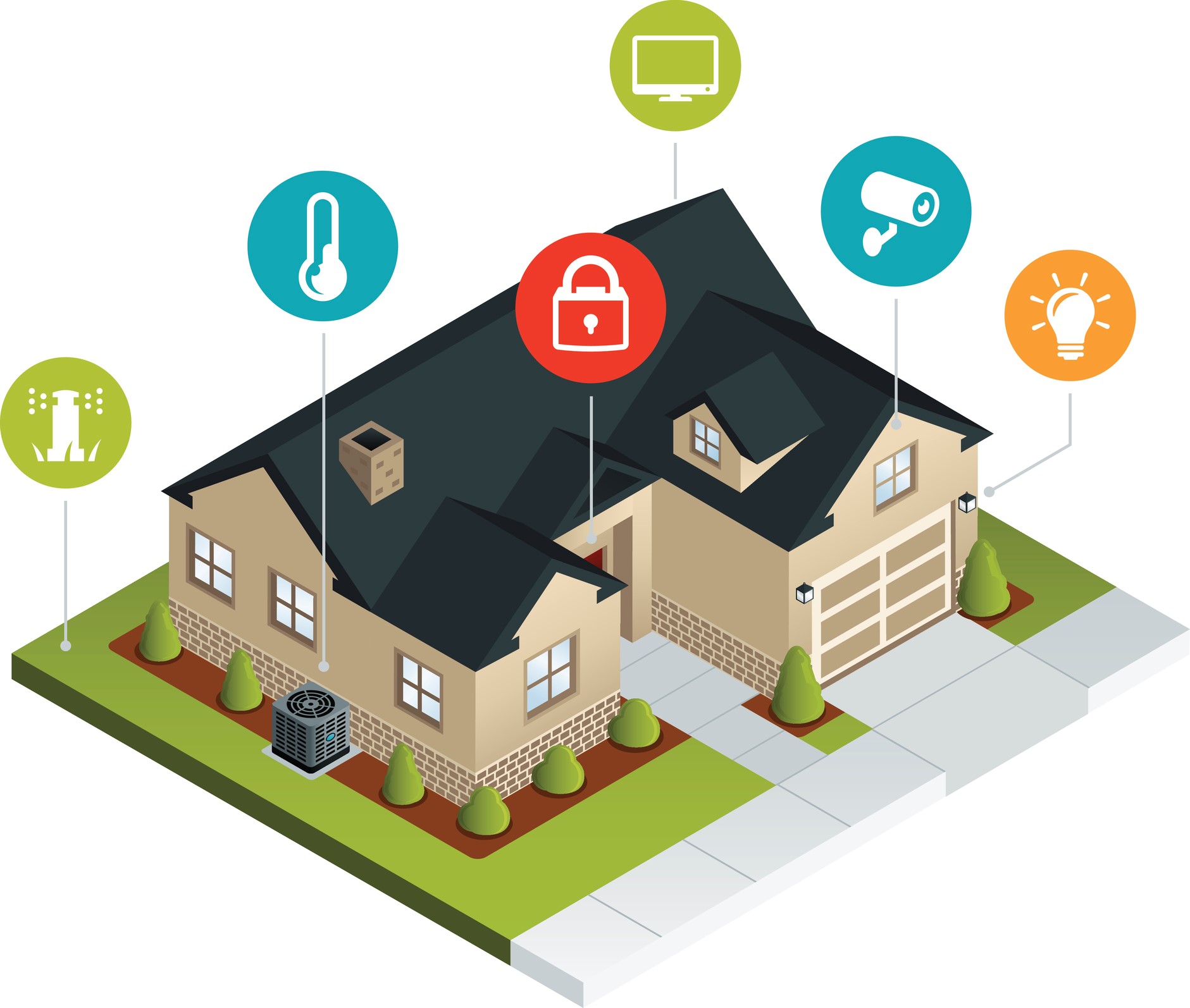Revolutionizing Homes: The Power of IoT in Smart Houses
In today's digital age, the Internet of Things (IoT) has emerged as a transformative force, revolutionizing various industries, including the way we live in our homes. Smart houses, equipped with IoT technology, have become increasingly popular due to their ability to enhance convenience, security, and energy efficiency. This article explores how IoT is used in smart houses, highlighting its impact on our daily lives.
- Enhanced Home Automation:
IoT enables seamless integration and control of various devices and systems within a smart house. From lighting and temperature control to home entertainment and security systems, IoT allows homeowners to automate and manage these aspects remotely. Through smart home hubs and mobile applications, users can effortlessly control their homes, adjusting settings, and receiving real-time updates. - Intelligent Energy Management:
One of the key benefits of IoT in smart houses is its ability to optimize energy consumption. Smart thermostats, for instance, can learn the occupants' preferences and adjust temperature settings accordingly, resulting in energy savings and reduced utility bills. Additionally, IoT-enabled energy monitoring systems provide homeowners with detailed insights into their energy usage, empowering them to make informed decisions and adopt more sustainable practices. - Enhanced Security and Safety:
IoT technology has significantly enhanced home security and safety measures. Smart surveillance cameras, door locks, and motion sensors can be integrated into a cohesive system, allowing homeowners to monitor their properties remotely and receive instant alerts in case of any suspicious activities. Moreover, IoT-enabled smoke detectors and carbon monoxide sensors provide early warnings, ensuring the safety of occupants. - Personalized User Experience:
IoT in smart houses enables a personalized user experience, tailoring the environment to individual preferences. For example, smart lighting systems can adjust brightness and color temperature based on the time of day or user preferences, creating a comfortable and inviting atmosphere. Similarly, IoT-enabled entertainment systems can learn users' preferences and suggest personalized content, enhancing the overall user experience. - Health and Wellness Monitoring:
IoT technology also plays a crucial role in monitoring and improving occupants' health and wellness. Smart wearables and health monitoring devices can seamlessly integrate with smart houses, collecting and analyzing data related to physical activity, sleep patterns, and vital signs. This information can be used to provide personalized recommendations and alerts, promoting a healthier lifestyle.
Conclusion:
The integration of IoT technology in smart houses has transformed the way we live, offering unparalleled convenience, security, and energy efficiency. From enhanced home automation and intelligent energy management to improved security and personalized user experiences, IoT has revolutionized our homes. As the IoT ecosystem continues to evolve, we can expect even more innovative applications and advancements in the realm of smart houses, further enhancing our quality of life.

Post Comment